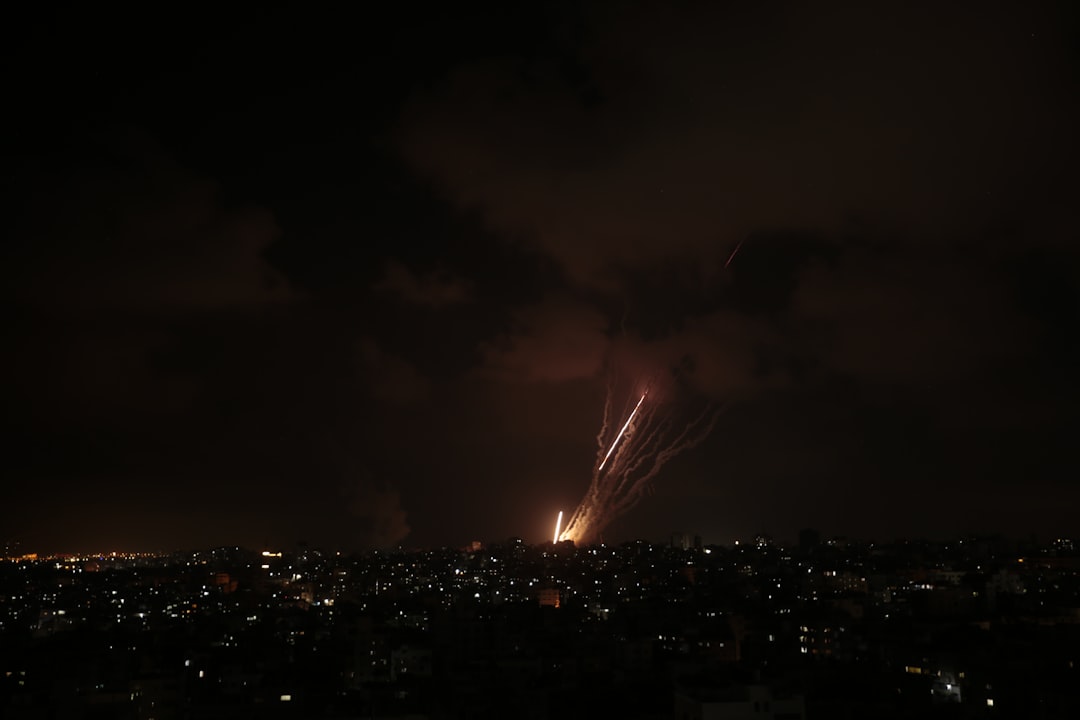Beheaded Babies. Verifying truth in a war zone
"War is not a game for retweets and likes on social media."

Last night I was watching CNN and heard a someone describing the Hamas attacks on a Kibbutz referencing 40 beheaded babies. After the interview concluded Cooper s…


